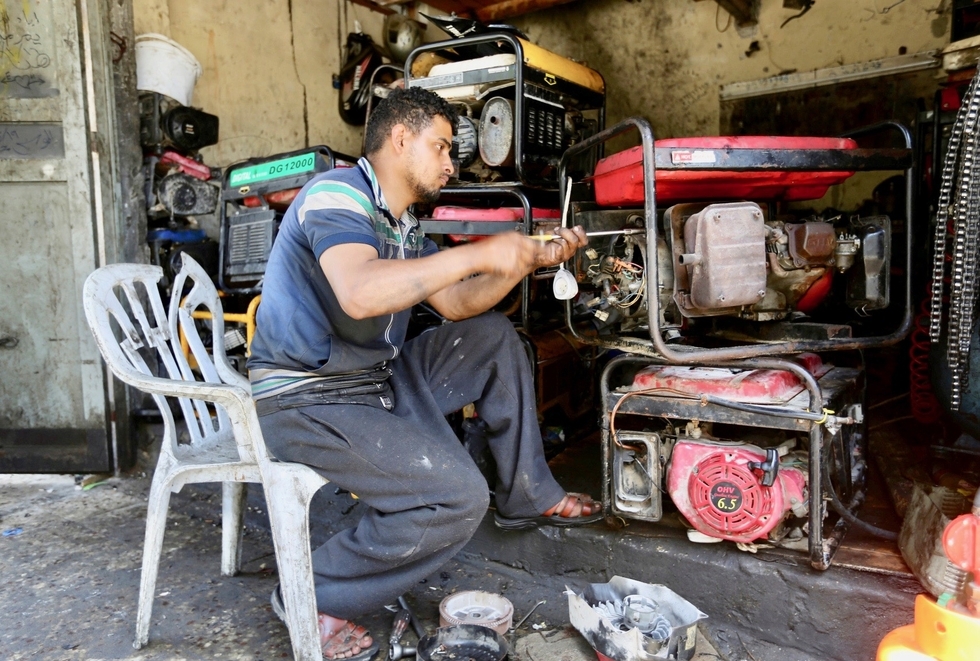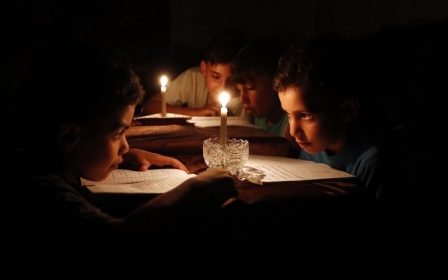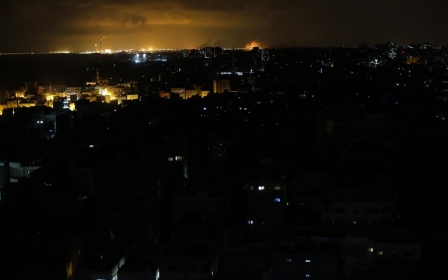Power reduced in Hamas-run Gaza as PA accused of blocking payments

Power supplies have taken a fresh hit in the Hamas-run Gaza Strip, with authorities in Gaza on Saturday accusing the rival Palestinian Authority of blocking fuel payments to Egypt from going through banks.
The electricity authority said two of the three generators at Gaza's only power plant were offline because "the Palestinian Authority in Ramallah stopped all the financial transactions through Palestinian banks to Egypt to buy fuel.
"This led to the stopping of fuel [deliveries] two days ago from Egypt."
A spokesman for the Palestinian Authority government in Ramallah, Tarek Rishmawi, told AFP that "the main reason for the worsening situation in Gaza is Hamas, as they rejected the initiative of [Palestinian President] Mahmud Abbas to end the split" between Palestinian factions.
He did not confirm or deny the allegations of blocking fuel payments.
The electricity distribution company confirmed only one generator was operating, producing 23 megawatts of power, which added to other sources means Gaza currently has a total of 93 megawatts a day.
More than 500 megawatts are required to serve the Palestinian enclave's population.
Abbas, who runs the West Bank-based Palestinian Authority, has recently sought to squeeze his longtime rival Hamas, which controls Gaza.
His government recently stopped paying for energy to Gaza, leading Israel to begin reducing it.
The cut left the impoverished territory of more than two million people with as little as two hours of mains electricity a day.
As an interim measure, Egypt stepped in to deliver fuel to Gaza's sole power plant, but that has now been threatened.
The Egyptian deliveries came as part of improving relations between Cairo and Hamas.
The Energy Authority in Gaza is paying Egypt for the fuel, but must make transfers through Palestinian banks, which are based in the West Bank and under Palestinian Authority laws.
Middle East Eye propose une couverture et une analyse indépendantes et incomparables du Moyen-Orient, de l’Afrique du Nord et d’autres régions du monde. Pour en savoir plus sur la reprise de ce contenu et les frais qui s’appliquent, veuillez remplir ce formulaire [en anglais]. Pour en savoir plus sur MEE, cliquez ici [en anglais].




